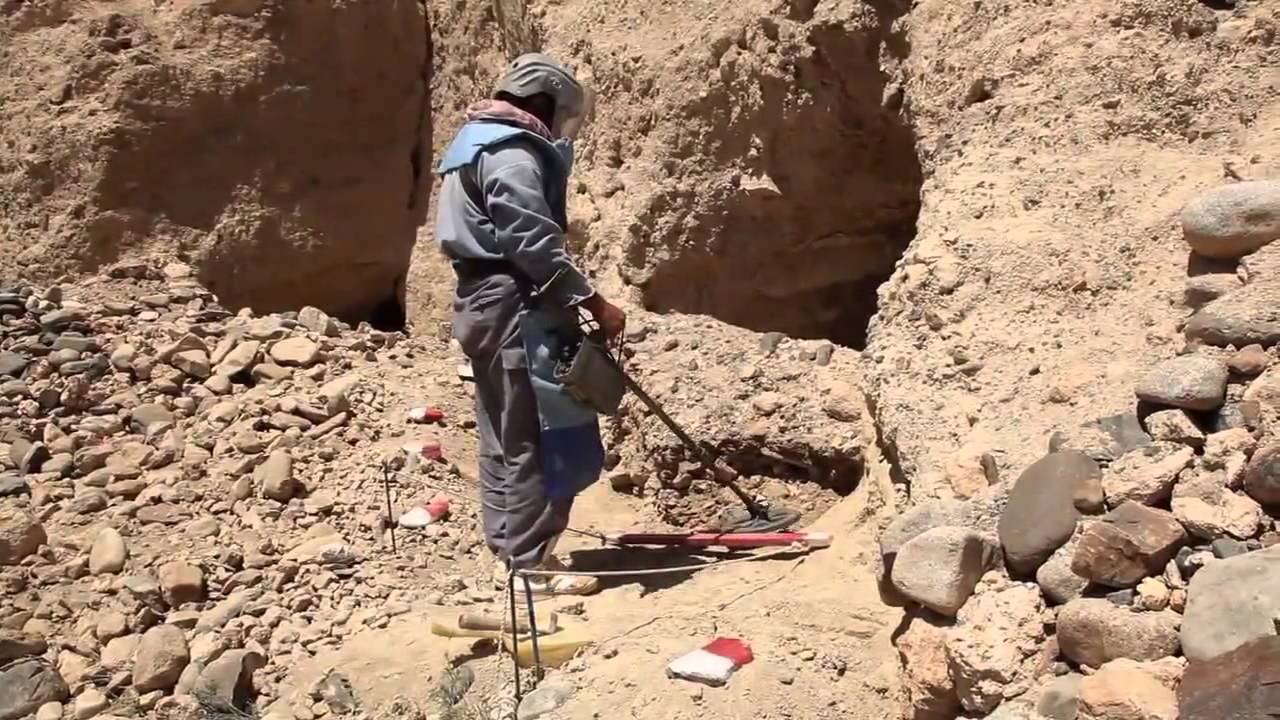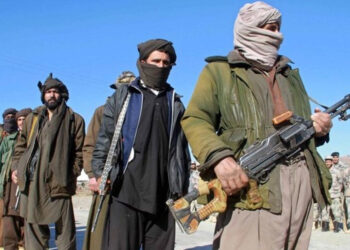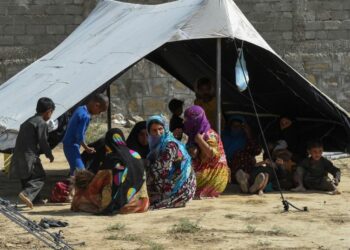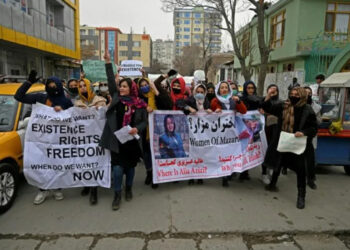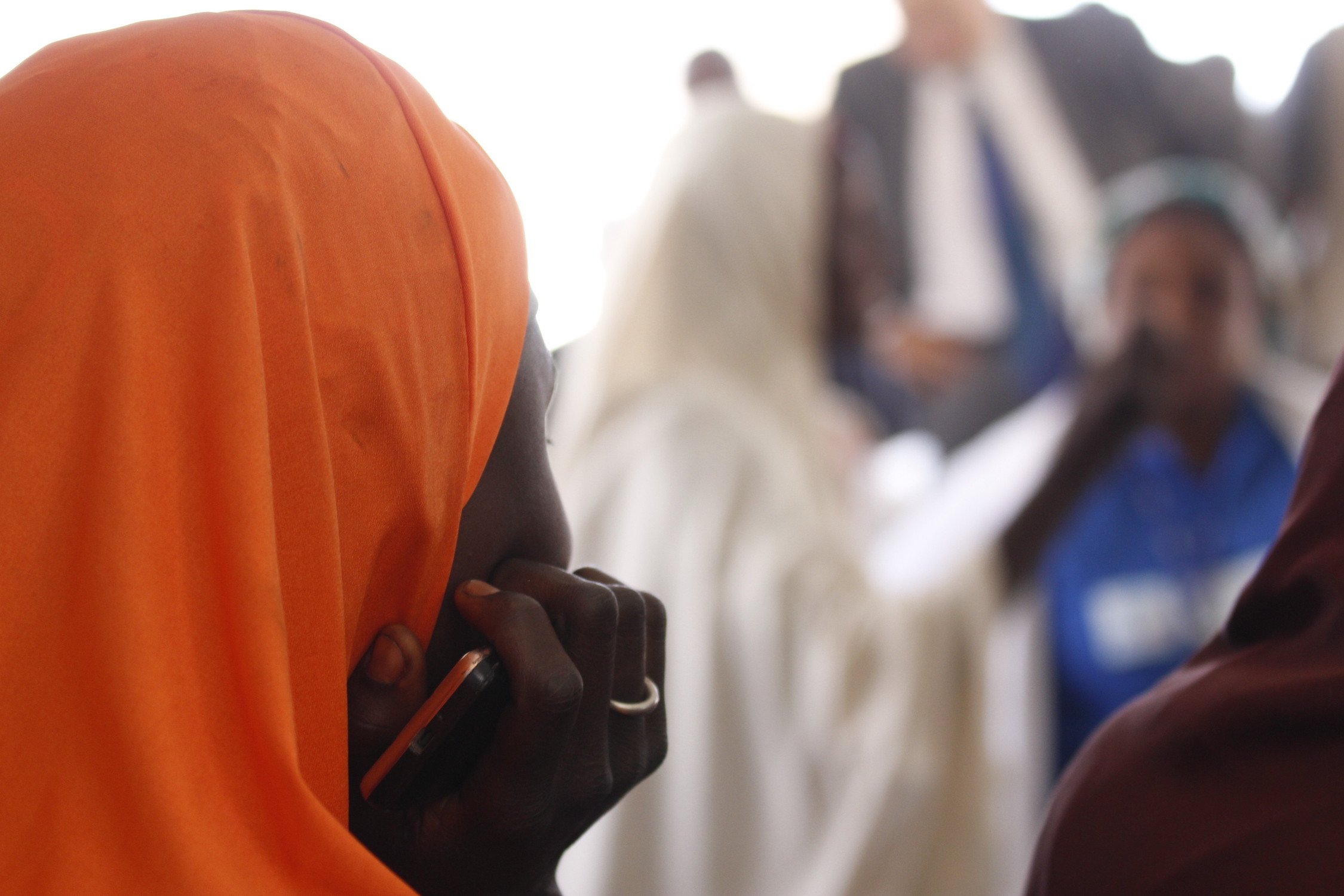KABUL, Afghanistan – Life has seemed meaningless for Naeem Gul in Afghanistan’s Paktia province since he lost a young son to a landmine three years ago.
Mr. Gul’s 17-year-old son Sheren is among more than 100 Afghans who become victims of the deadly hidden enemy across the country on monthly basis. Mines have left a total of 1,943 Afghans, mostly civilians, dead or wounded in the past one year alone.
According to the Afghan Landmine Survivors’ Organisation, a local group advocating for welfare of landmine victims, the overwhelming number of mines planted by the Red Army in the 1980s have been cleared, but plenty remain, putting the lives of many people at risk. Fighting the western-backed Mujahedeen resistance for over a decade, Soviet forces littered the country with hundreds of thousands of mines that still remain a threat despite decades of clearing.
The subsequent Taliban insurgency then led to more mines being planted all over the country, in cities, on highways and in villages, after the fall of their regime in 2001.
A report released by ALSO last week noted that the 9,228 deaths and injuries in 2016 marked the highest number of annually recorded casualties since 1999. This included the most child casualties ever recorded, and the highest number of annual casualties caused by improvised mines. Such a high figure indicates the grimness of the threat that still persists for Afghans.
Sheren Gul was not an ordinary civilian victim of the landmines. Along with his father, he was part of a demining team in southeastern Logar province when he and five other people were killed.
“We were heading to our duty (demining) in two teams. I was in one and Sheren was in another, they were ahead of us, and we were supposed to follow them after an hour on that day”, Mr. Gul told The Globe Post. A well-built man in his late 40s, he seemed weak as he told the story of his son’s death.
For years Mr. Gul took pride in clearing his country of the hidden evil, but after losing his own son to it, he lost the will to continue clearing mines. He quit the job and remained home until economic constrains pushed him to find different work. His younger brother Alim Gul, a car mechanic, came to his rescue and helped open an auto-parts shop for Mr. Gul in Kabul so that he can support his family.
The rise in landmine casualties in Afghanistan comes as the International Campaign to Ban Landmines has long been pushing for an all-out ban. Last week the campaign published its annual report, Landmine Monitor 2017, noting that the armed conflicts in Afghanistan, Libya, Ukraine and Yemen contributed to the second year of exceptionally high casualties caused by mines, including improvised devices and other explosive remnants of war.
According to the report at least 100 people lose their lives in mine and unexploded ordnance explosions every month in Afghanistan and at least 2,000 people are maimed b mines and other explosives the country.
In Kabul, ALSO head Islamuddin Amiri told The Globe Post that the country is second worst affected in terms of mine victims after Yemen on the global scale. “In the year before (2015), the victims were 1310, but last year (2016) it has increased to 1,943,” he said.
Under a 1999 international treaty, countries agree to not use or produce antipersonnel mines, to destroy their existing stockpiles, to provide assistance to mine victims, and clear their territory of mines within 10 years of joining the pact. According to the ICBL report, only Myanmar and Syria had government forces that actively planted mines in the last year. Neither state is a party to the mine ban treaty.
Worldwide, the report said 170 square kilometers (65.6 square miles) were cleared during 2016, and the vast majority of that work took place in Afghanistan, Croatia, Iraq and Cambodia.
The demining program in Afghanistan has so far defused at least 800,000 antipersonnel mines and almost 30,000 anti-vehicle mines. As part of its international commitments, the country has vowed to clear the entire country of the deadly mines by 2023, but for people like Mr. Gul who lost their loved ones, it seems too little and too late.


